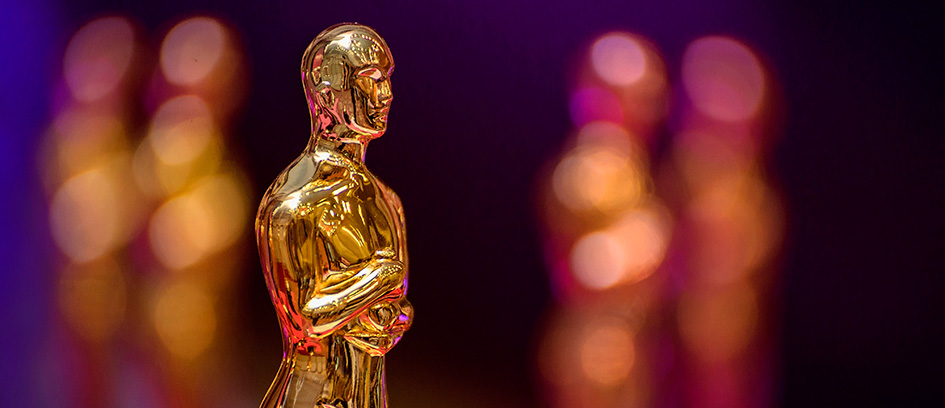The Oscars: A History of Hollywood’s Biggest Night

The Oscars are widely considered the most prestigious awards in the film industry, where Hollywood's biggest stars gather to recognize achievements in acting, directing, writing, production, cinematography, and many other areas of filmmaking. In honor of this year's 91st ceremony, here's a look back on how the Oscars came to be.
The first Academy Awards
As the film industry really began to take off in the mid-1920s, producer Louis B. Mayer, west coast chief of Metro-Goldwyn-Mayer (MGM), set out to create a group that would serve the needs of film producers and settle labor disputes. In 1927, Mayer met with Fred Beetson, secretary of the Motion Picture Producers and Distributors of America and president of Central Casting, actor Conrad Nagel, and director Fred Niblo to lay the groundwork for his envisioned organization. From this meeting the Academy of Motion Picture Arts and Sciences, the body responsible for the Academy Awards, was formed.
Two years later, on May 16, 1929, the Academy presented 15 awards to actors, directors, and other industry members during a private ceremony at the Hollywood Roosevelt Hotel. Among the first winners were Wings (Outstanding Picture), Frank Borzage (Best Director, Dramatic Picture), and Central Casting alumna Janet Gaynor (Best Actress). It was reported that the ceremony only took 15 minutes, a far cry from the standard three and a half hours it takes to hand out the awards now.
Naming the Oscar
Academy Award winners receive a statue depicting a golden Art Deco style knight with a sword standing on a film reel. While the award is officially known as the Academy Award of Merit, it goes by the popularized name of Oscar.
There are many stories about how Oscar got his name, but no one knows the true origin of the moniker. One story is that upon seeing the statue for the first time, Margaret Herrick, executive director of the Academy, said it looked like her uncle Oscar. Another rumor was that Bette Davis named her statue after her first husband Harmon Oscar Nelson. We'll likely never know the real story, but the name stuck and the Academy has officially referred to the statue as Oscar since 1939.
Oscar winning Central Casting alumni
Gaynor may have been the first Central Casting alum to win an Oscar, but she wasn't the last. Golden Age icons like John Wayne, Gary Cooper, David Niven, and Hattie McDaniel were all recognized by the Academy for their work. McDaniel made history in 1940 by becoming first African American to win an Oscar when she won Best Supporting Actress for her role as Mammy in Gone with the Wind.
In 1947, McDaniel wrote an op-ed in the Hollywood Reporter where she mentioned working with the head of Central Casting's African American division, Charles Butler. "A call from Charlie Butler at Central Casting was like a letter from home," she wrote. "Many extras complain about getting tired of sitting around on the sets. I never tired . . . I learned so much, just sitting and watching."
Many modern alumni have also had success at the Oscars, including wins for Brad Pitt, Casey Affleck, and Nat Faxon, and nominations for Kristen Wiig, Annie Mumolo, and Rami Malek, who is up for Best Actor at this year's ceremony for playing Freddie Mercury in Bohemian Rhapsody.
You can find out if Malek takes home an Oscar and what other films will be recognized when this year's ceremony airs on February 24 at 8 ET/5 PT on ABC.
Want to learn more about our Central Casting alumni? Check out our articles 5 Alumni With Breakout Roles in 2018 and Richard Cabral: From Background Actor to Mayans M.C.